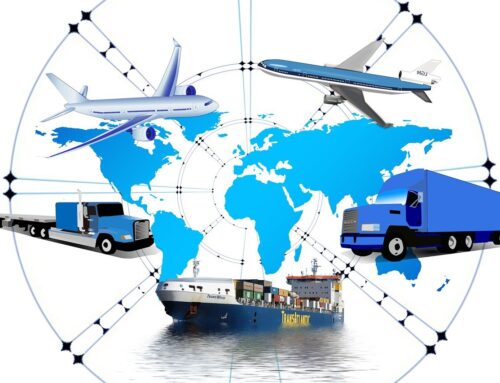Public sector and governments have been actively exploring new technologies to enable the smart services transformation and to achieve strategic objectives such as citizen’s satisfaction and happiness, services efficiency and cost optimization. The Blockchain technology is a good example of an emerging technology that is attracting government attention.
Blockchain technology creates multiple opportunities when used in government services such as; operations cost reduction, reducing fraud and payments’ errors and transparency of transactions between government agencies and citizens.
A blockchain-based government has the potential to solve legacy pain points and enable the following advantages:
• Secure storage of government, citizen, and business data
• Reduction of labor-intensive processes
• Reduction of excessive costs associated with managing accountability
• Reduced potential for corruption and abuse
• Increased trust in government and online civil systems
Here are just some of the use cases of blockchain technology that governments and the public sector can apply:
1. Increased Transparency
Every government consists of its voters and is accountable to them. Blockchain creates a concise “chain of custody” on a document that can be publicly distributed either directly to voters or to monitoring agencies and other non-governmental groups. It can be made part of document requests and allow governments to build trust by demonstrating open and clear processes, which are updated in real time. For example, in Brazil, to counteract corruption, blockchain has been instituted in the bidding process of one state.
2. Administration
Administration of government-managed programs ranging from pension systems to healthcare, education, and defense often requires coordination between disparate parties and almost always involves sensitive data that must be protected. Blockchain-supported administration systems enable real-time coordination between wide-ranging participants while also providing the needed transparency.
3. Land Title Registries
Various governments have begun experimenting with blockchain-based land title registries. Blockchain-based land registries can potentially provide a secure, decentralized, publicly verifiable, and immutable record system through which individuals could definitively prove their land rights. These qualities reduce the opportunity for self-interested manipulation of land rights and increase the resilience of land ownership more generally.
4. Voting
Counting votes in a timely but secure and transparent manner is a challenge faced by every democratic government. Blockchain has been proven to support voting by improving transparency and immutability in the collation period (when, after votes that have been counted at individual polling stations, they must be aggregated with other polling stations to form a consensus for a given region).
5. Grant Disbursements
Many governments annually disburse millions of dollars to support education, arts, humanitarian aid, and social assistance, amongst other causes. This process is frequently convoluted, opaque, and inefficient, which causes money to be lost to banking fees and middlemen and opens the potential for corrupt financial diversions. Blockchain can potentially be used to build public trust in such systems.







Leave A Comment